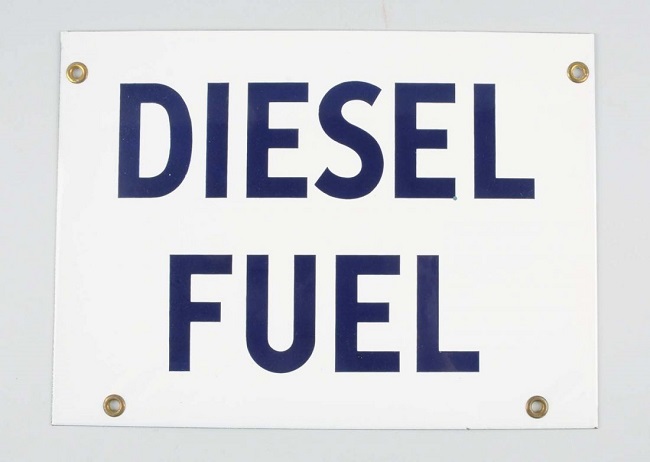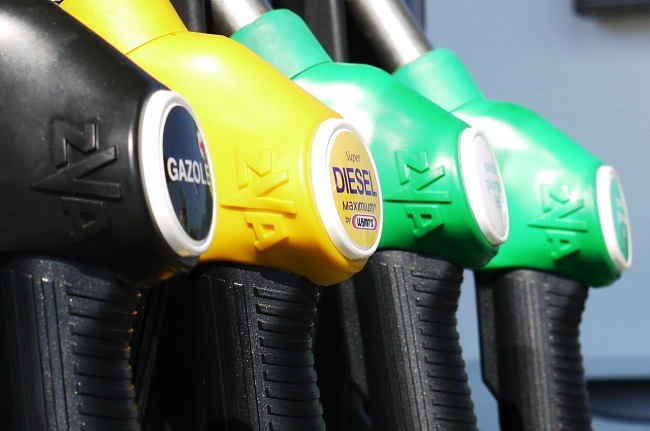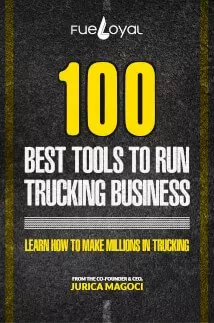Simply put there isn’t one, really. People from different regions use different terminology. Often these are used interchangeably. Sometimes they refer to the fuel itself, sometimes to the engine which powers the vehicle, and other times to the vehicle itself.
LEARN 12 SECRET STEPS HOW TO MAKE $950 MORE PER TRUCK / MONTH
Hey! I'm George J.Magoci and I will send you a FREE eBook where you can learn 12 secret steps how to make $950 more truck/month.

We have tried to touch on everything imaginable to aid the industry and benefit both drivers and carriers alike. Some of the information has been more for fun and other items have been meant to save on time, and many have even been about saving money and cut the expenses that kill your profit. Because this industry is like a family and we want to help everyone, with hopes that they too will share with us.
Though there has been a push to run cleaner and more fuel efficient vehicles, in many of the major cities there has even been an increase of propane and other alternate fueled vehicles on the road. Most common use of these is with the transit and emergency vehicles. But the trucking industry still relies primarily on diesel fuel.

However, there are initiatives in place to eventually change that. It is estimated that commercial vehicles use almost 40% of the US transportation energy budget (these vehicles include both freight and/or commercial passenger vehicles). Publications from the National Research Council and US Department of Energy determined that significant reductions in fuel consumption could be a reality using current and future technologies. The other goal is for commercial vehicles to use alternative fuels to displace diesel fuel, but as of now, technology, design cost and availability limits these changes.






